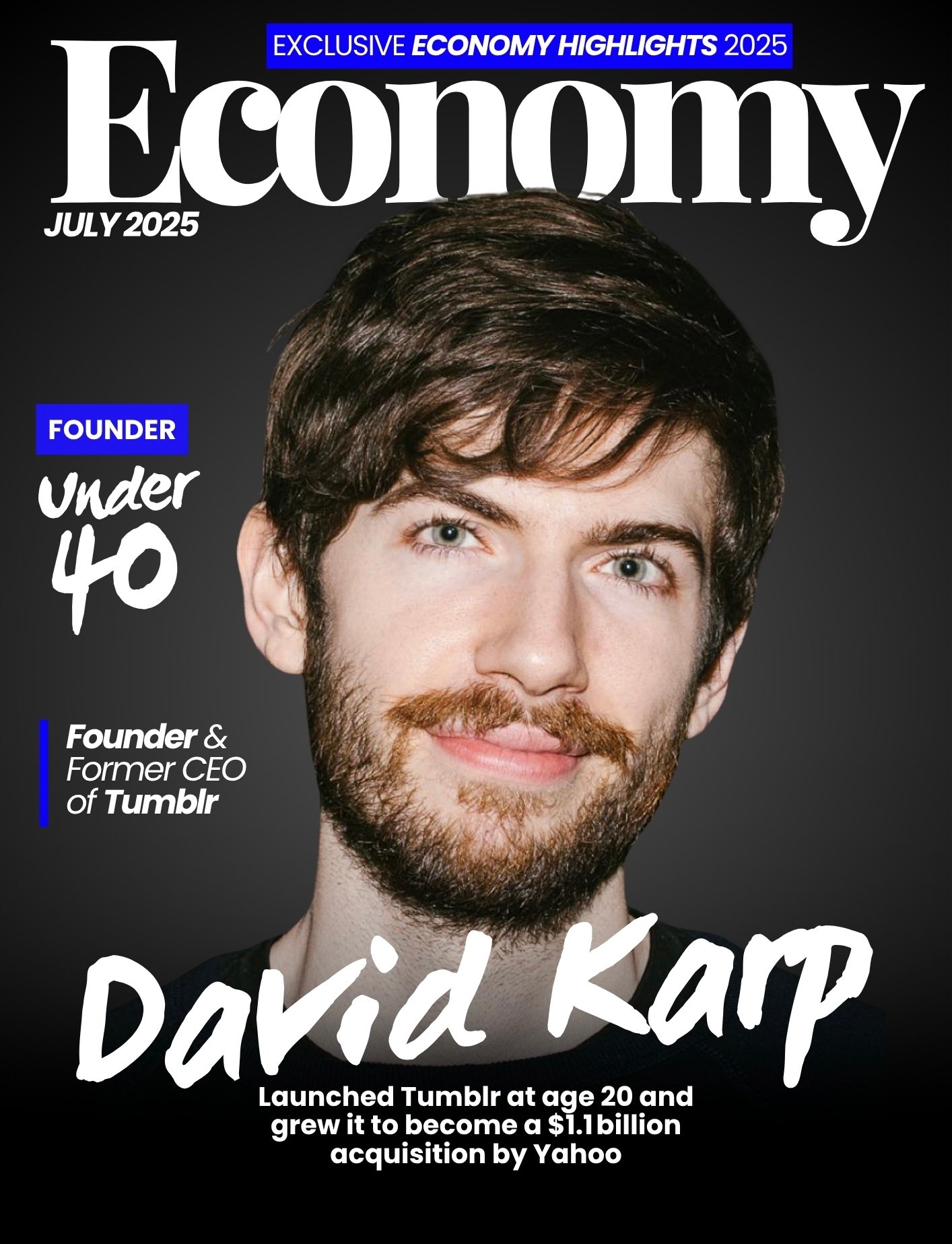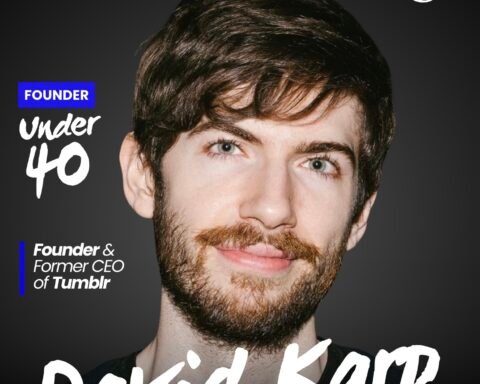From Bedroom Coder to Digital Pioneer
David Karp’s story doesn’t begin in a Silicon Valley garage—it begins in a Manhattan bedroom with a teenage boy who fell in love with code. Born on July 6, 1986, in New York City, Karp was raised on the Upper West Side by an educator mother and a composer father. He taught himself HTML by age 11 and began building websites for clients while most kids were still navigating middle school.
At 15, he made the bold decision to drop out of high school, opting for homeschooling to pursue internships in the tech world. By 17, he had moved to Tokyo alone, deepening his knowledge of software engineering and product development. While unconventional, this path laid the foundation for one of the most culturally impactful digital platforms of the 21st century.
The Birth of Tumblr
In 2006, after returning to New York, Karp launched a small consulting company called Davidville. During a two-week gap between projects, he began building what would become Tumblr—a blogging platform designed for visual creativity, self-expression, and community-driven storytelling.
Launched in February 2007, Tumblr gained over 75,000 users in its first two weeks. It was unlike anything else online at the time—clean, customizable, and inherently social. With features like “reblogging,” Tumblr enabled users to curate, remix, and amplify content in ways that would later inspire entire generations of digital culture.
By 2015, Tumblr hosted over 375 million blogs, becoming the heartbeat of online youth culture, fandoms, memes, and underground creatives.
The $1.1 Billion Breakthrough
Tumblr’s explosive rise captured the attention of major tech players, and in May 2013, Yahoo acquired the platform for a staggering $1.1 billion. At just 26 years old, Karp became a self-made multi-millionaire, reportedly earning close to $250 million from the deal.
What made Tumblr valuable wasn’t just its user base—it was its cultural currency. It wasn’t built for virality or ad impressions; it was built for authenticity. Karp’s refusal to compromise user experience for monetization made Tumblr a digital sanctuary in an increasingly commercial internet.
A Quiet Exit and a Legacy That Speaks Volumes
Karp remained CEO of Tumblr post-acquisition, helping to steward the platform through its integration with Yahoo. But by late 2017, he stepped down, leaving behind not just a product—but a movement. His leadership style was calm, design-focused, and people-first. He wasn’t the loudest voice in tech, but he was one of the most respected.
Since leaving Tumblr, Karp has invested in mission-driven startups across healthcare, mobility, and tech-for-good sectors. He also served on the board of Planned Parenthood, further demonstrating his commitment to social impact beyond entrepreneurship.
Recognized But Never Commercialized
Karp was named one of BusinessWeek’s top tech entrepreneurs and was honored on MIT’s prestigious TR35 list for innovators under 35. Yet despite his accolades and wealth, he’s always remained grounded, steering clear of flashy headlines and celebrity status.
He built Tumblr not to sell it, but to solve a creative problem—and that’s what made it irresistible to millions.
Why David Karp Still Matters
In a digital era increasingly driven by metrics, monetization, and hyper-growth, David Karp represents a different kind of founder—the kind who prioritizes community over cash, creativity over conformity, and depth over disruption.
His journey proves that a non-traditional path can still lead to extraordinary impact. You don’t need a degree to build something that shifts culture—you need vision, courage, and relentless belief in what you’re creating.
David Karp didn’t just change the way we blog—he changed the way we express ourselves online. And in doing so, he built a legacy far greater than a billion-dollar acquisition. He built a home for creativity in the digital age.
Post Views: 157























